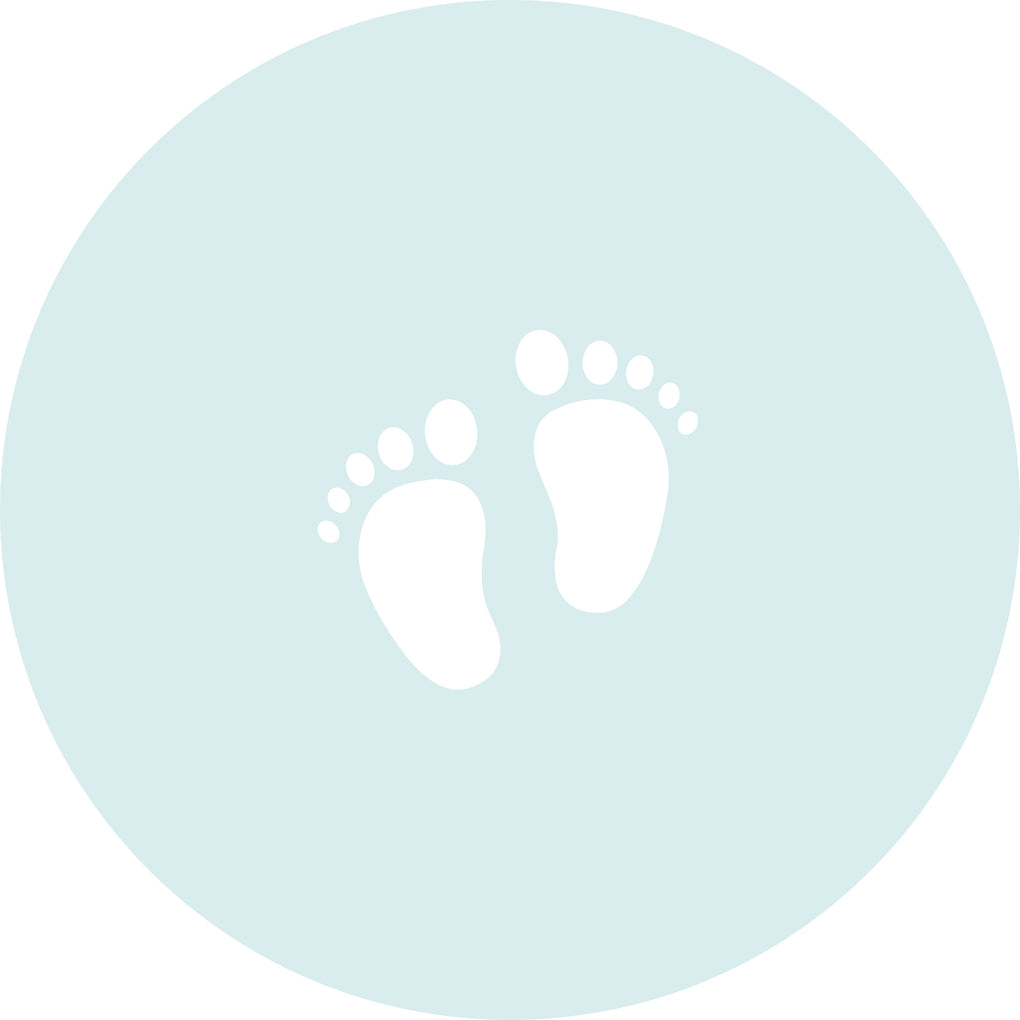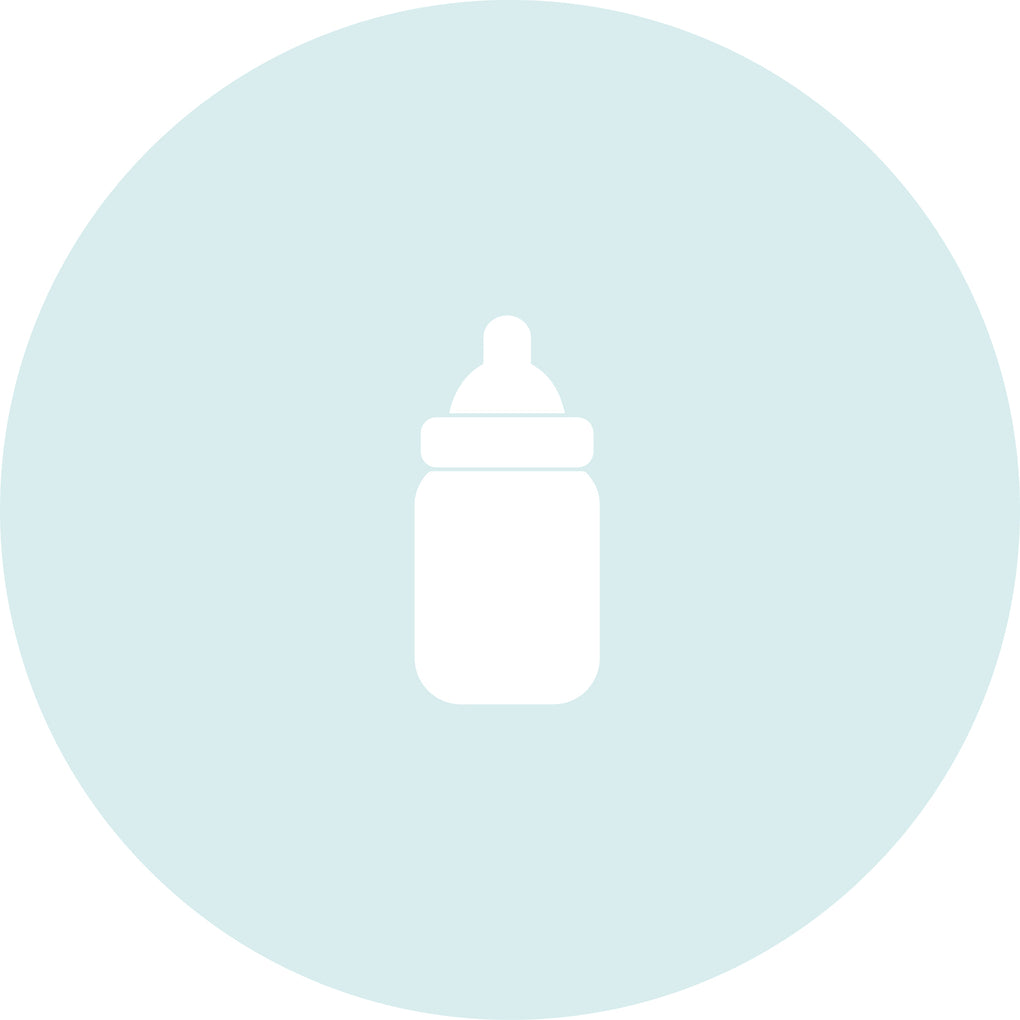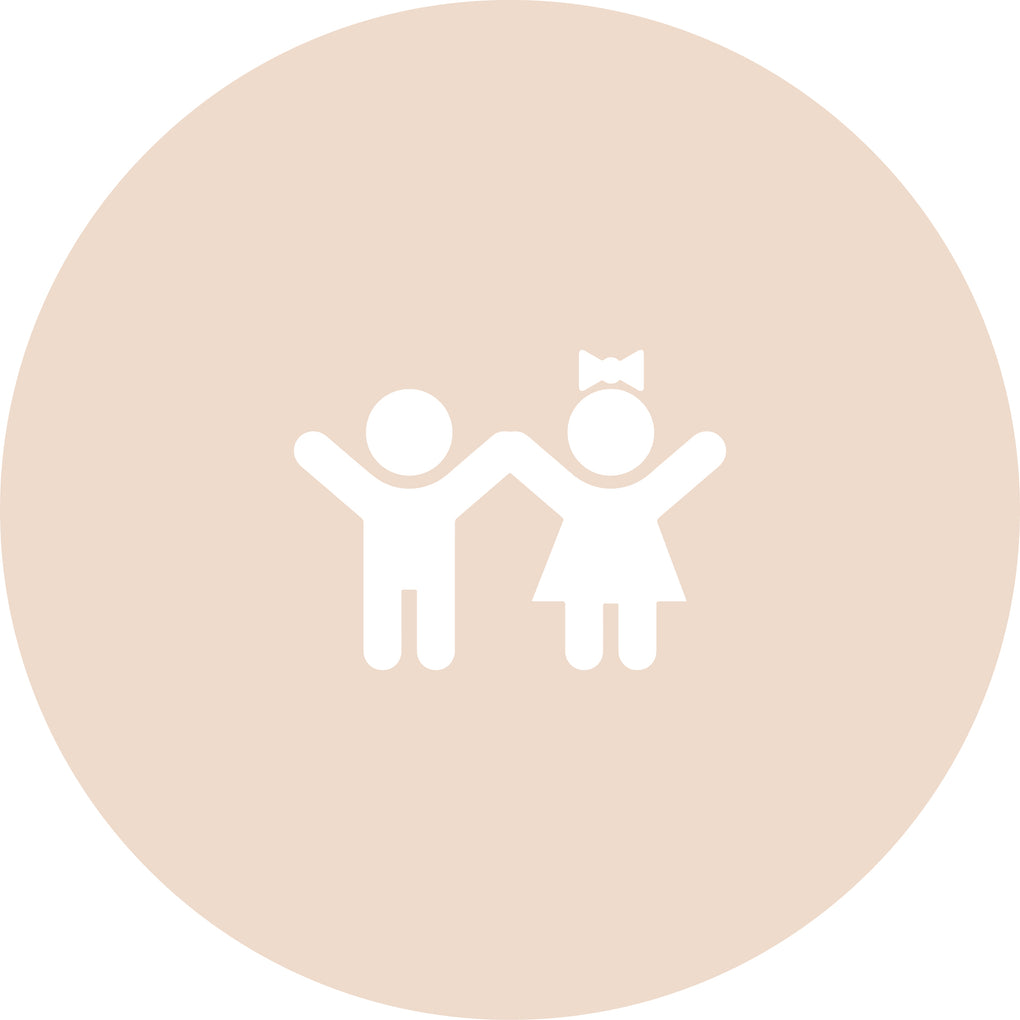Welcome to the first of Natural Baby Shower’s monthly Bump + Beyond blog. Here you will find a series of baby-related news that has made headlines in recent weeks, plus the wider, important conversations it has brought to the world of parenting.
This month, we look at the news of Kylie Jenner’s baby name change that broke social media, Olympic Boxer Nicola Adams decision to break gender reveal stereotypes and Ofsted's report on the psycho-educational effects of the pandemic.

Choosing the right name for your little one
According to a 2019 survey by ChannelMum.com, one in seven parents end up regretting their choice in name and one in 20 parents end up calling their child something different to the name on their birth certificate because they no longer like it. So, maybe it’s time to be a little more accepting of name changes.
How to combat stereotypes associated with Gender Reveals

Then, for the grand reveal, Nicola and Ella peeled back some vinyl letters to reveal the words: 'It's a boy!' On Ella’s Instagram, the couple shared that as a part of the LGBTQ+ community, they were a little hesitant about doing a reveal, however their chosen method was a perfect opportunity to bring awareness to the negatives of ‘gender reveals’ and the gender stereotypes that they can reinforce.
As the couple set out with the goal to reveal their expecting baby’s sex, it raises the question whether there should be more done to make gender reveals less stereotypical. Supporters of the LGBTQIA+ community have concerns about gender reveal parties with licensed psychologist Margarida Rafael stating that “Gender reveal parties are one of the most socially acceptable ways to encourage a gender binary (even before the little human is out in the world). This is done by reinforcing the idea that blue (quite literally) means boy, and pink means a girl.”
Rafael shares some ways to celebrate the news of baby’s gender in a way that’s less pink/blue focused similar to Adams and Baig:
- Change the name to sex reveal party or anatomy reveal party
- Avoid gender-normative themes
- Throw a name reveal party
- Zodiac reveal party
The pandemic’s ongoing impact on early years development
A latest report by Ofsted has shown more children may not be ready for school due to the continued impact of the pandemic. In Ofsted’s second set of briefings, Education recovery in early years providers: spring 2022 looked at the ongoing impact of the pandemic on education providers, examining the effect children’s communication as well as personal, social and emotional development.
The findings reported that early years providers noticed a ‘regression in children’s independence and self-care skills’, delays in babies’ and children’s speech and language development. Plus a limited vocabulary, confidence to speak, and babies that are struggling to respond to facial expressions. The watchdog also highlighted the negative effects of two-year-olds attributed by surrounding adults wearing masks ‘their whole lives’.
Concerns have grown that compared with before the pandemic, fewer children have learned to use the toilet independently too. As a result, more children may not be ready for school by the age of four. Anxieties over the impact of pandemic living on young children and school-age children have been prevalent in many parents’ minds over the past two years, with fears that lockdown isolations have been one of the root causes to children missing out on playtime and social interactions. The report confirms that with fewer parents sending their children to childcare settings throughout the pandemic, it has caused some children who would usually be in early years provision to stay at home.
For parents, it is now clearer than ever that the needs of their children following the pandemic must be prioritised to secure the wellbeing of future generations. Psycho-educational interventions for young people and their parents are being created in order to provide support, with the UK government since beginning to implement strategies, aiming to increase support teams in schools and provide mental health training to parents and teachers.
Have your say
We’d love to hear your thoughts on the above so, make sure to leave a comment below to keep these important topics of conversations in the spotlight. Alternatively, if there’s a topic of discussion you think we should include in our next monthly Bump + Beyond, please get in touch via email to pr@naturalbabyshower.co.uk.

























